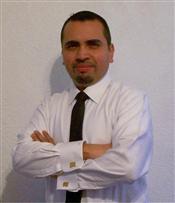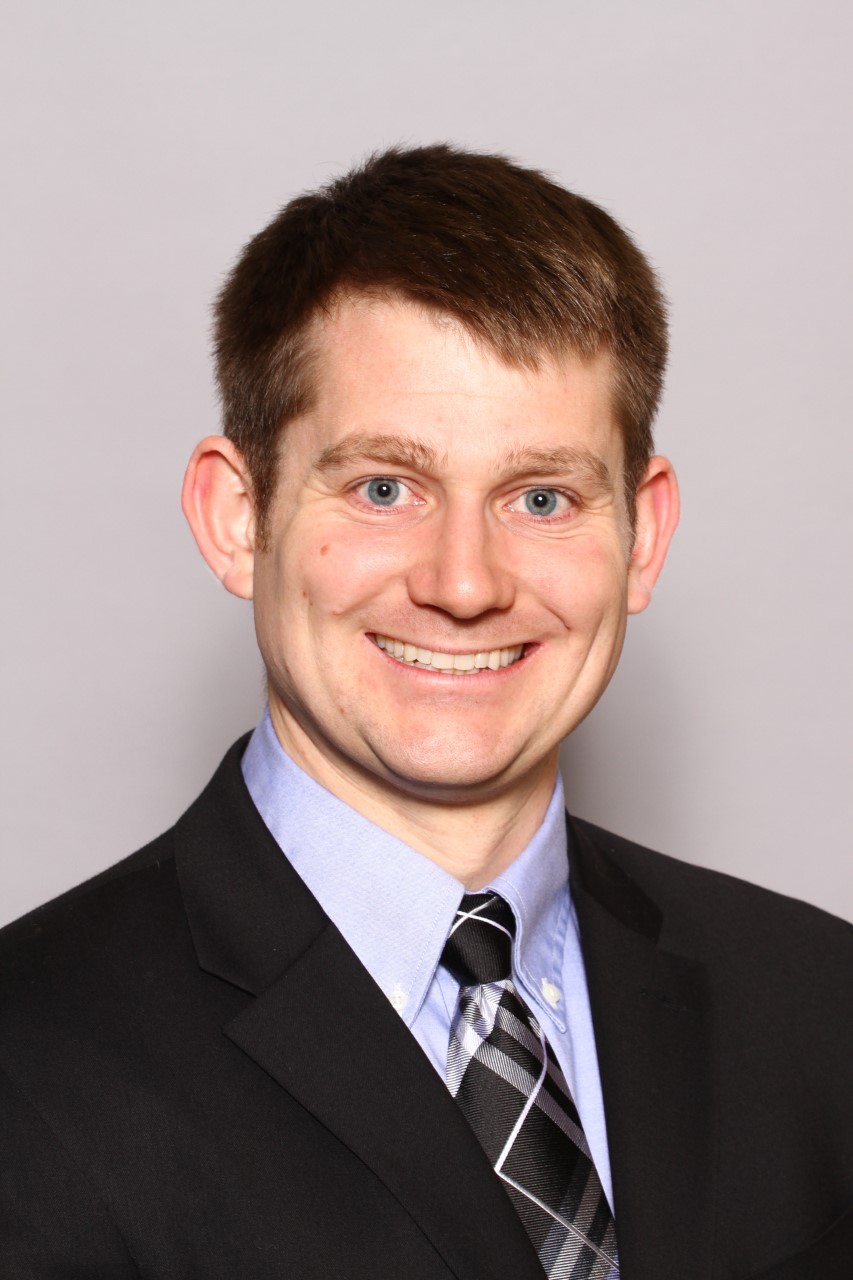Medical Physics Seminar – Monday, September 19, 2016
Interferometer-based Calorimetric Measurements of Absorbed Dose to Water in Megavoltage External Beam Therapy

Everardo M. Flores (student of Dr. Larry A. DeWerd)
Research Assistant, Dept of Medical Physics, UW-School of Medicine & Public Health, Madison, WI - USA
Calorimetry is the best approach for establishing high-energy photon absorbed dose to water (ADW) standards because most of the energy imparted by radiation in matter is converted into heat. In this work, an interferometer was built, characterized and tested to measure calorimetrically ADW in a water phantom irradiated with a 6 MV photon beam. Interferometer-based measurements were compared with calculations performed with a treatment planning system and with thermistor-based measurements.
Development of a Multi Contrast X-ray Breast Imaging System

John Garrett (student of Dr. Guang-Hong Chen)
Research Assistant, Dept of Medical Physics, UW-School of Medicine & Public Health, Madison, WI - USA
Despite tremendous recent progress to improve x-ray imaging technologies for breast cancer detection, one common limitation remains: a dependence on x-ray absorption as a contrast mechanism limiting specificity and sensitivity, especially in dense breasts. In this research project, we explore the introduction of a Talbot-Lau interferometer to a mammography/digital breast tomosynthesis (DBT) imaging system to achieve multi-contrast mammography and DBT. This provides three images with fundamentally distinct contrast mechanisms from a single acquisition: 1. Conventional x-ray absorption, 2. X-ray phase contrast with enhanced edges and reduced anatomical clutter, and 3. Dark-field (DF), which is sensitive to the local distribution of microcalcifications, calcified vessels, and other small objects in the breast. The proposed system has a chance to improve the sensitivity and specificity of x-ray breast imaging by reducing anatomical clutter and offering complementary contrast mechanisms to improve cancer detection.